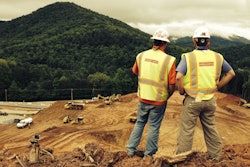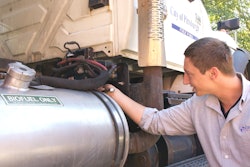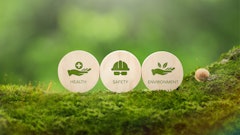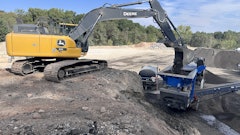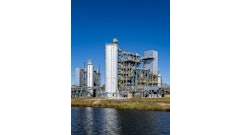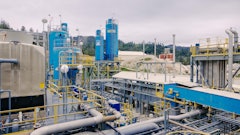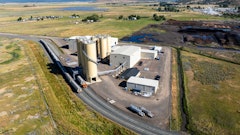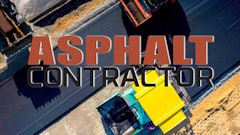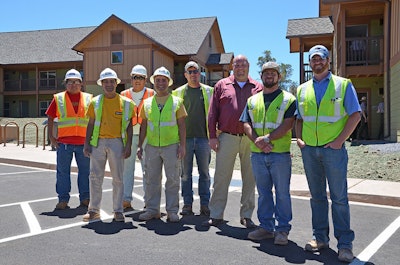
Green building is growing - there's no denying it. The recently published 'Green Building Facts' by the U.S. Green Building Council (USGBC) point to the increasing interest in the green building market.
Every year, more and more construction companies are opting to include green buildings in their portfolios. Speaking in numbers, this translates into a $120-$145 billion opportunity in 2015 for new nonresidential construction, and the sector continues to grow.
To Acquire Green Credentials or Not?
Naturally, contractors who want to expand into green building are often faced with the question of whether they should acquire a relevant set of credentials. Such credentials, such as the Leadership in Energy and Environmental Design (LEED) 'Green Associate' or 'Accredited Professional' or the 'Certified Green Contractor' by Associated Builders and Contractors (ABC) provide valuable and in-depth understanding, as well as assurance to clients.
Still, does it make sense for contractors to pursue these credentials, or can they teach themselves the basics of green construction?
Why Green Credentials are a Good Idea
Given that more and more construction companies are entering the field of green building, the opportunities for them to become accredited are also likely to multiply. But this also means that those who have had an early start, and have acquired deep understanding in certain methodologies over time, are likely to gain more ground.
It is also important to note that green building is not only a private construction market trend. The U.S. Government has been sticking to sustainable practices and green construction for a while now. This point was underscored when the government recently announced that its energy use was at the lowest level since at least 1975, which was in part due to its green buildings.
And ever since 2010, the General Services Administration (GSA) has required that all new federal construction projects certify as, at least, LEED Gold projects. This follows the overall preference that the GSA has shown towards LEED over the last few years.
The Benefits of Becoming LEED Accredited and Certified
- Accreditation provides more opportunities
In other words, both federal and public construction projects are increasingly being outfitted to match latest sustainability criteria. Therefore, for those contractors who wish to acquire greater credibility and legitimacy, as well as open the doors to projects with stricter requirements, acquiring LEED or similar credentials makes good sense.
- Accreditation increases your chances to get certified
Successfully taking a LEED accreditation exam means that it will be easier to become certified afterwards. LEED certification is the process of a construction project acquiring a certain status such as LEED Gold or LEED Platinum, depending on the amount of points it scores according to LEED's criteria. Being accredited means you'll have greater knowledge about how to meet those criteria and meet the requirements of many modern construction projects.
- Accreditation keeps you educated
Furthermore, in order to remain accredited, you will have to improve yourself through continuing education. LEED accreditation requires that you take additional courses over time in order to retain your accreditation. LEED itself is a developing system that goes through constant revisions, assessments and refinements. By taking courses you will stay up to date and offer your clients the latest in green building methods.
- Accreditation is likely to lower your costs
Finally, acquiring LEED credentials can also have an effect on your surety bond rate. If you've won a bid on a green building project you'll probably be requested to obtain a performance bond before you get started. But if you have no green building credentials your surety is likely to think twice before bonding you or may raise the amount of your premium because of the higher-risk involved with bonding contractors on green building projects.
On the other hand, consistently pursuing LEED accreditation and education is likely to create greater trust with your surety and therefore positively influence the rate of your performance bond premium.
Green Accreditation - What's Your Call?
Do you think it makes sense for you to pursue LEED or other forms of green contractor accreditation or are you confident that you can put these into practice without such accreditation? What's your take on how contractors should educate themselves about green building? Leave us a comment; we'd like to hear from you!
Todd Bryant is the president and founder of Bryant Surety Bonds. He is a surety bonds expert with years of experience in helping contractors get bonded and start their business.





